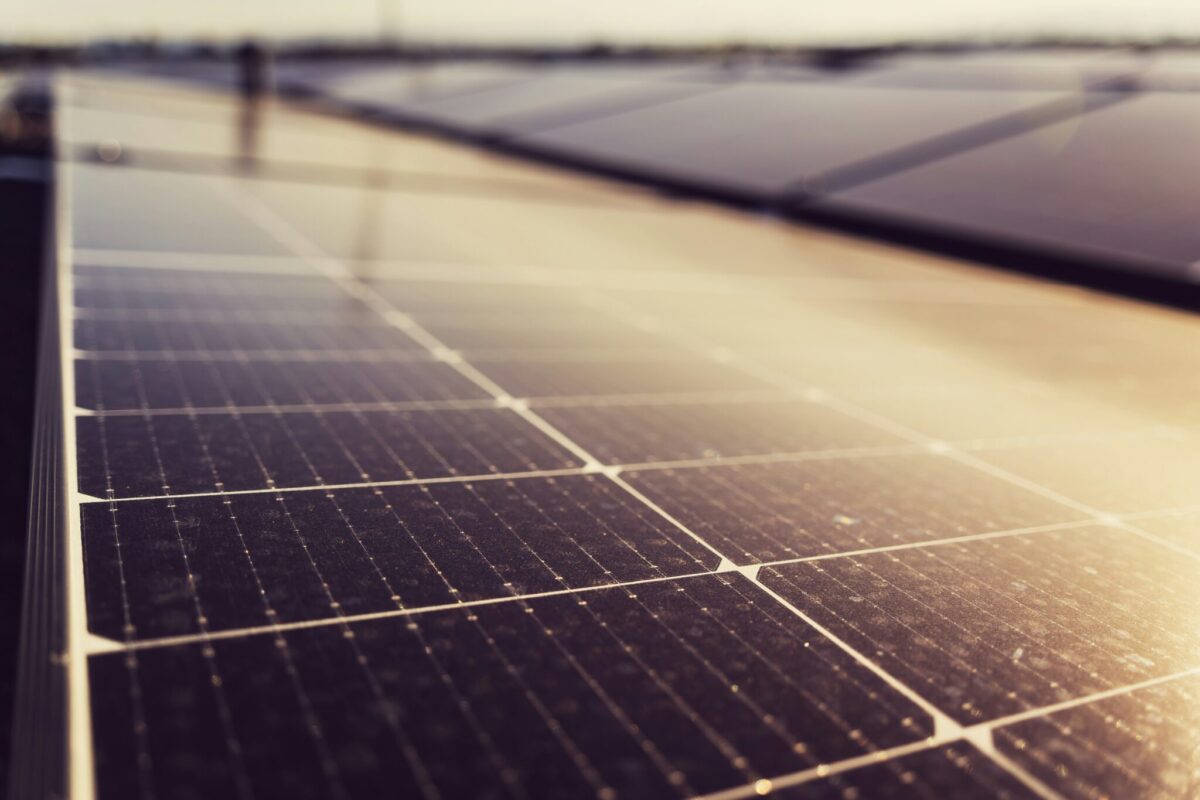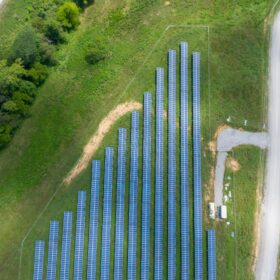Pending trade action through the Section 201 case has most of the U.S. industry concerned about the future and is already having negative effects on many U.S. and international solar companies active in this market. Many – but not all.
First Solar, whose thin-film PV modules are not covered in the scope of the case, is riding high. This was further evidenced in its third quarter results, with the company reporting more than $1 billion in quarterly revenue, a 19% operating margin and $206 million in profit.
And while this quarter’s results got a particular boost due to revenue recognition from the sales of the 280 MW-AC California Flats and 40 MW-AC Cuyama projects, First Solar is really succeeding based on demand for its modules. This has intensified due to the Section 201 case.
First Solar reports 4.5 GW-DC of module bookings in 2017 to date, which brings it to 7.4 GW of modules which have been booked but not yet delivered. This is over two years’ worth of output, even before the impact of idled lines for First Solar’s retooling is considered, and the company notes that it has contracts to supply modules into 2020.
“We have seen the Section 201 case in the United States accelerate procurement timing by some customers,” noted First Solar CEO Mark Widmar on the company’s results call. He also noted that a “surge of demand” in China was further creating tightness for modules from Tier-1 suppliers.
First Solar has been working hard to balance the demands of retooling with supplying its customers and, despite idled lines in its factories in Malaysia and Ohio, still managed to churn out 527 MW of Series 4 modules during Q3, with its active lines running at 98% utilization.
Series 6 on the way
New bookings in Q3 also include the company’s first bookings by outside contractors and developers for its larger format Series 6 modules, which it had previously scheduled only for its own projects.
According to First Solar Series 6 retooling is on schedule, with the first production to begin in the second quarter of 2018 in its Perrysburg, Ohio factory. First Solar says that in Perrysburg installation of tools is nearing completion and expects the front end of the lines to be operational some time before the end of the year.
The schedule is staggered for its much larger plant in Kulim, Malaysia. Widmar noted that the first vapor transport deposition coaters arrived this week at Kulim factory, where a total of eight lines have been idled for the switch to Series 6. S6 production in Malaysia is not expected to begin until the second half of 2018.
And while First Solar is making a significant and serious investment in Series 6, it appears to be having a harder time backing away from Series 4 than at first anticipated. The company notes that it may continue manufacturing S4 modules through the end of 2018, which may be a response to the heavy demand for its products.
And at a time when so many cell and module makers are struggling, First Solar is in the somewhat unusual position of having ample capital to fund its retooling. During Q3, the company brought in more than $500 million in cash, to bring its balance of cash and marketable securities to a staggering $2.7 billion.
On the back of all this good news, First Solar has slightly upgraded its guidance for the full year 2017. The company still expects to bring in $3.0-3.1 billion in revenue, but boosted its expectation for operating income to $165-$190 million, with higher earnings per share also anticipated.
pv magazine will be bringing you more detailed information on First Solar’s business position, including the progress of Series 6, when we visit the Perrysburg factory for First Solar’s Analyst Day on December 5.
This content is protected by copyright and may not be reused. If you want to cooperate with us and would like to reuse some of our content, please contact: editors@pv-magazine.com.









FSLR will also be opening up more capacity in Vietnam. They’re the only major solar company that makes money and they’re sitting on over $2.5 billion in cash, even after all the restructuring that’s been going on the past year ramping up for Series 6. Their panels perform better than the competition in hot and humid climates, Africa, the ME, India, Australia where solar installation is really picking up steam.